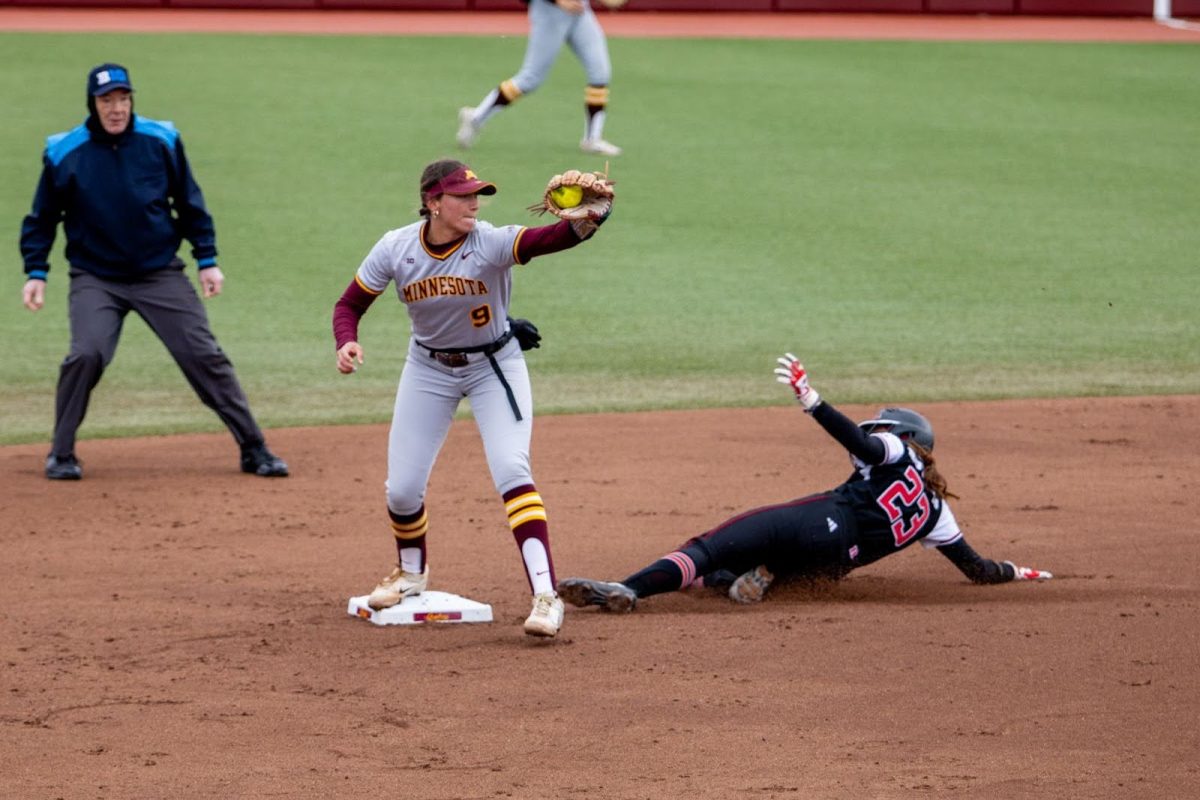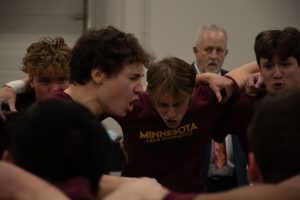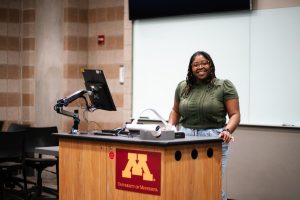Bernice Johnson Reagon introduced the second Black Environmental Thought Conference at the University of Minnesota with a mix of lecture and song.
She provided commentary on several poems and spirituals, first by singing them and following with her perspective.
One song, “What You Gonna Do When the World’s on Fire,” she interpreted as an environmental warning.
“It’s about the planet,” she said. “You can’t be abused and go on forever, this song says.”
BET 2 is a meeting for scholars, activists and environmentalists from the African Diaspora to rethink modern environmental traditions.
“What seems like a very progressive enterprise is very politicized,” said Yuichiro Onishi, director of Undergraduate Programs in the African American and African studies department.
Onishi presided over one of the BET 2 sessions and said he was stricken by the complexity of the issue but also by the openness of the discussion.
“I saw a lot of people just talking,” he said.
Many speakers emphasized the lack of understanding in the majority when it comes to understanding the African roots of sustainable agriculture.
A Friday session titled “Consciousness and Resistance in Environmental Change,” focused on these issues.
Speakers from Yale University and the University of California-Berkeley went through the impacts of social constructions on environmental thinking.
Keari Bell-Gawne, a sociology and environmental studies major at the University of Wisconsin-Madison, recounted a presentation about the affordable, environmentally friendly waste disposal systems African and African-American communities have created themselves.
“Why aren’t we hearing about this?” she said.
Dantrell Cotton was similarly troubled by the lack of awareness.
Cotton, who is also an environmental studies major at University of Wisconsin-Madison, said he was interested in going back to questions of how land is distributed.
“You can’t have food ethic without land ethic,” he said.
Reagon, a renowned figure in civil rights whom one participant referred to her as the voice of the movement, gave the keynote address Friday at the Humphrey School of Public Affair’s Cowles Auditorium. She said she believes people looking to solve environmental problems will miss the basis of the African-American perspective if they don’t view it in cultural terms.
“Culture can operate to be sustenance of the planet we live on,” she said.









